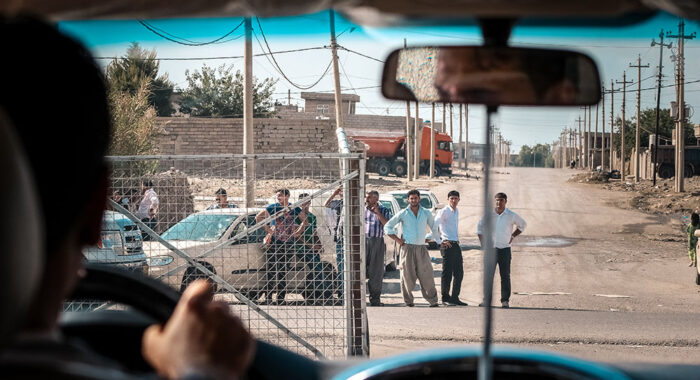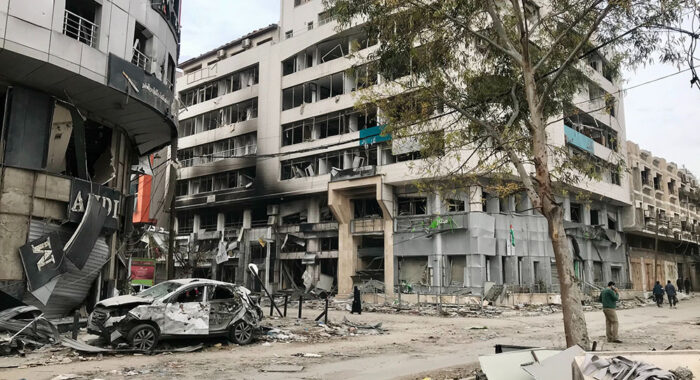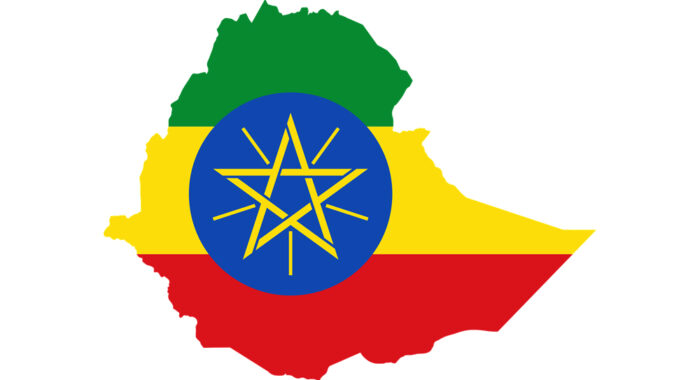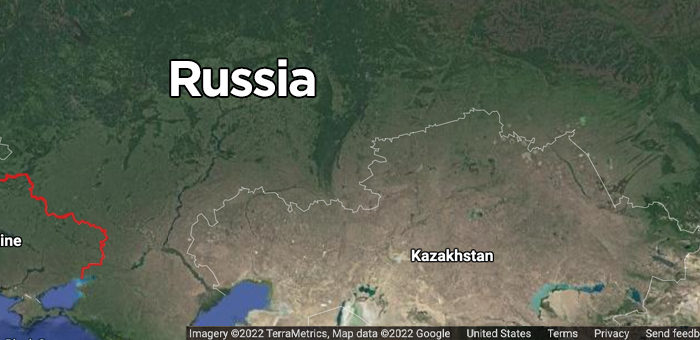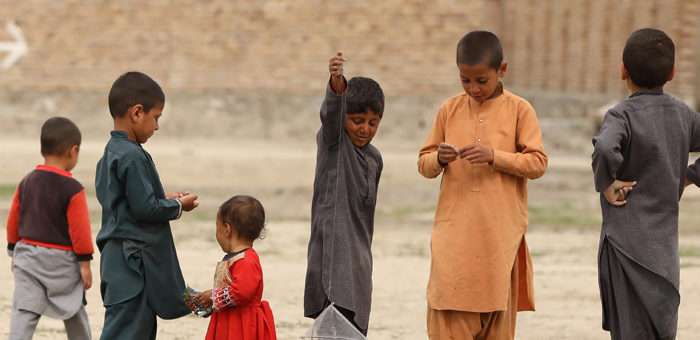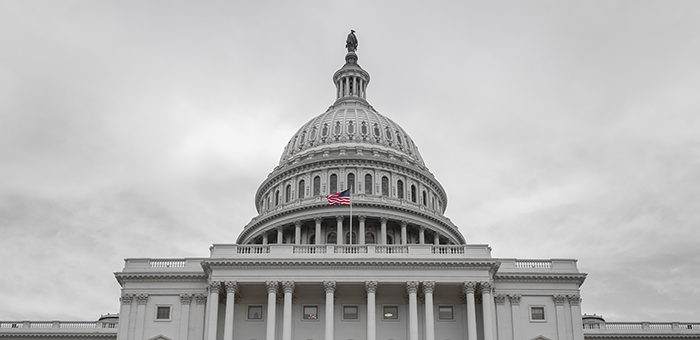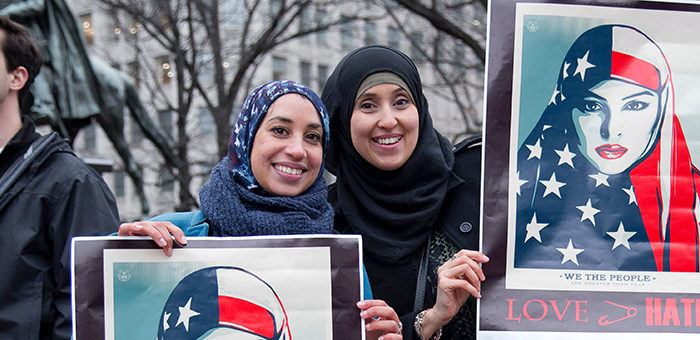Evangelicals don’t agree on everything, including what to do about Syria. We grieve the horrific loss of 100,000 lives and the displacement of more than two million refugees in a civil war that is frightening the world. We abhor the use of chemical weapons that have killed civilians, including hundreds of children. But we have the same questions and worries as millions of other Americans and members of Congress on how our country should help.
On September 3 the National Association of Evangelicals surveyed evangelical leaders to ask “Should Congress authorize direct U.S. military intervention in Syria?” Sixty two and a half percent said no. Thirty seven and a half percent said yes. I was surprised because I expected the answers would be the other way around.
We’ve gotten ourselves in a corner with a clear threat of retaliation against Syria for crossing the “red line” of deploying chemical weapons. Since the chemical atrocities of World War I there has been an international consensus that chemical weapons would never be used again. It’s happened, and most agree there should be serious consequences. But, does that mean America should inflict those consequences alone, without a resolution from the United Nations or broad support from our European allies and the Arab nations of the Middle East?
Our world has so many injustices and some of the worst are initiated by governments. These injustices should be confronted. Someone must speak up and stand up for the poor and suffering who cannot defend themselves. Since the United States is the most powerful and prosperous nation on earth, there is an expectation that we lead against unjust and cruel regimes. Yet, we know that we are not big enough, powerful enough or prosperous enough to police hundreds of nations with billions of people. The difficulty is deciding when we will intervene and when we will allow injustices to go unchallenged.
What we don’t know is whether a military attack on Syria would help or hurt Syria’s neighbor nations from Turkey to Israel and beyond. Some think that doing nothing will communicate weakness and put neighbor nations at greater risk. Others think that Syria might respond to a U.S. attack with its own attack and provoke an explosive regional war throughout the Middle East. We just can’t know in advance what might happen.
Christians are a small minority in northern Africa and the Middle East. They have been tolerated and protected by non-Christian governments for most of the past 2,000 years. All that is changing in the 21st century. Christians have been persecuted and attacked in Iraq, Egypt and other nations where burning church buildings, beating believers and chasing followers of Jesus out of their countries has become accepted. Christians in Syria have been victims during the past two years of civil war. We don’t want to make their lives worse.
Is there any option besides launching missiles and doing nothing? Could the United States persuade other nations to join with us in looking for new ways to punish Syria for the use of chemical weapons but also preserve the threat of military options in response to past and potential use of chemical weapons?
The Bible teaches us to pray for our leaders. This is a week for extra prayers as our Congress and President decide what to do about Syria. And, let’s add Syrian leaders to our prayer list. Our request is that God will give wisdom to make choices for a lasting peace in the region.
This article originally appeared at Religion News Service on Sept. 5, 2013.
Leith Anderson is president emeritus of the National Association of Evangelicals and pastor emeritus of Wooddale Church in Eden Prairie, Minnesota. He served as NAE president from 2007–2019, after twice serving as interim president. He served as senior pastor of Wooddale Church for 35 years before retiring in 2011. He has been published in many periodicals and has written over 20 books. Anderson has a Doctor of Ministry degree from Fuller Theological Seminary, and is a graduate of Moody Bible Institute, Bradley University and Denver Seminary.




 View All Articles
View All Articles 